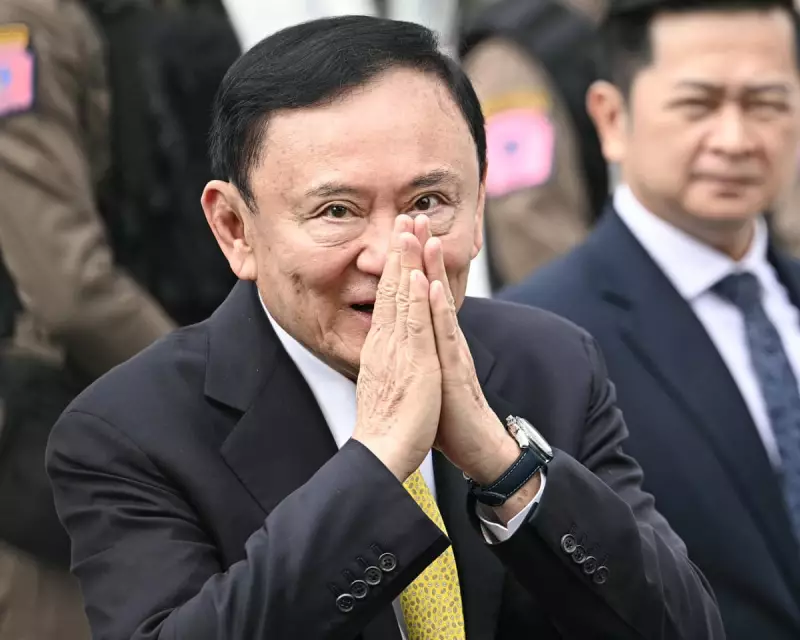
In a landmark ruling that has sent shockwaves through Thai politics, the Supreme Court of Thailand has sentenced former Prime Minister Thaksin Shinawatra to one year in prison. The controversial billionaire politician, who returned from self-imposed exile last year, faced the court's verdict on Tuesday morning.
The 74-year-old telecoms tycoon-turned-politician was convicted in absentia back in 2008 for abuse of power during his time as premier. The specific charges relate to his wife's successful bid for state-owned land at an auction in 2003, a deal the court found to be unlawfully advantageous.
A Political Saga Decades in the Making
Thaksin's political journey has been nothing short of dramatic. Originally elected in 2001, his premiership was cut short by a military coup in 2006 while he was abroad. This triggered nearly two decades of political turmoil that has deeply divided Thai society between his supporters and opponents.
His return to Thailand in August 2023 after 15 years abroad was seen as a carefully orchestrated political manoeuvre. Many analysts believed he had reached some form of understanding with the country's powerful establishment, making Tuesday's sentencing particularly surprising.
The Court's Rationale
The Supreme Court's verdict stated unequivocally that Thaksin had "violated his position as prime minister" and "acted in a corrupt manner" regarding the land deal. The court found that his actions had caused significant damage to the government and the wider public interest.
Originally facing an eight-year sentence from multiple cases, Thaksin had received a royal pardon that reduced his sentence to a single year. However, many had speculated he might not serve any time at all due to his age and health conditions.
Immediate Reactions and Implications
The sentencing has immediately reignited political tensions in Thailand. Thaksin remains a deeply polarising figure – adored by rural poor who benefited from his populist policies but despised by the urban elite and royalist establishment who saw him as corrupt and authoritarian.
His Pheu Thai party currently leads the governing coalition, adding another layer of complexity to the situation. How this verdict affects the stability of the current government remains to be seen.
International observers are closely watching how this development might impact Thailand's delicate political balance and its approach to justice and reconciliation.





